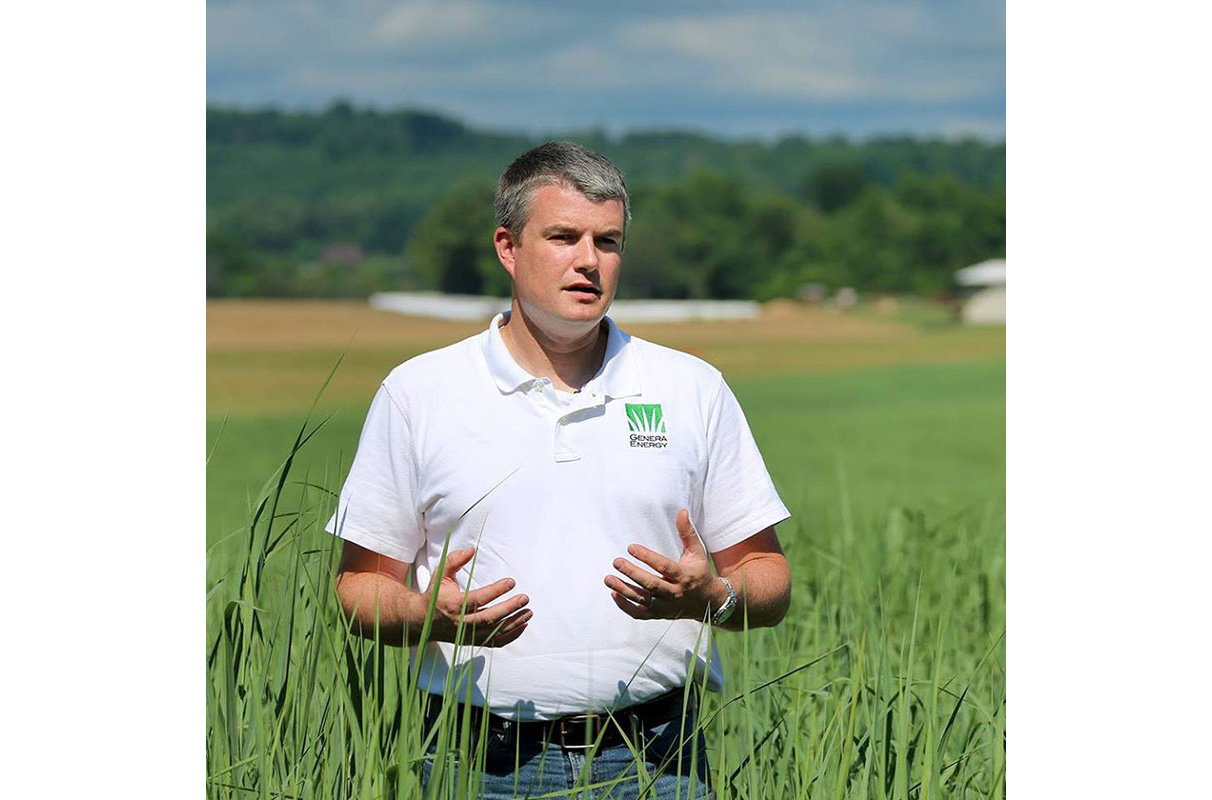by Sam Jackson/guest columnist
Recycling isn’t an excuse to keep packaging food in plastic anymore.
Consumers are rightfully concerned that recycling isn’t as effective as they once thought, and they’re passing on products that are packaged in plastic, leaving brands to find new, more sustainable packaging.
In previous years, most of U.S. recyclable plastic was shipped to China, a practice that arguably consumed more natural resources than it preserved. But due to the low quality and contaminated nature of the material, China stopped importing plastic waste in 2017. Now, what U.S. consumers put in the recycle bin is about as likely to end up in a landfill as it is to form a new product.
In addition, consumers are confused about recycling, including what is recyclable, what isn’t and how to sort their items. Many don’t even have access to curbside recycling.
So, more consumers are passing on plastic altogether, looking for reusable or biodegradable packaging instead. They are bringing reusable bags to the grocery store or choosing paper bags. They’re willing to change their purchase patterns to buy sustainably packaged goods.
Even though food manufacturers are using more recycled material, consumers are more cautious of plastic in general. They are avoiding all plastic packaging—even recycled—because they are unsure of how to dispose of it responsibly. This is particularly important to younger generations of consumers.
John Caturano of Nestlé Waters North America was quoted in an NPR article saying: “The water bottle has in some ways become the mink coat or the pack of cigarettes. It’s socially not very acceptable to the young folks, and that scares me.”
In order to retain plastic-avoidant customers, food brands are searching for new materials and methods of packaging. Here are some options that could help food brands package sustainably.
Eat local/package local
The Shop Local and Eat Local movements have made a distinct impact on grocery stores. In the produce department, some are showing the names and locations of farmers alongside their products, for example. Consumers feel good about supporting local farmers and creating local jobs. They also feel good about reducing the travel time of the products they buy, thereby reducing fossil fuel consumption.
But what about packaging? With new materials available in the industry, it is possible to source packaging locally. Instead of shipping plastic overseas and shipping it back to the U.S. as packaging, domestic or even hyper-local sources are available, giving consumers one more way to make sustainable purchases.
Switching source materials
In response to consumer demand, the packaging industry is searching for alternatives to single-use plastics. While paper and cardboard are recyclable, sourcing wood pulp from trees carries its own environmental concerns for some consumers.
That’s why we’re seeing new and innovative materials coming onto the market. Bio-based plastics and related technologies have made significant progress in the last decade. Molded agricultural fiber products are another source of packaging material that can meet consumers’ desire for sustainable products. Fiber products can be created from crops that renew seasonally, are biodegradable and compostable and have the additional benefit of supporting domestic farmers. As the technology develops, more of these products are able to compete with plastic in various metrics such as affordability, performance and maintaining freshness.
Offering reusables
Under a combination of consumer demand, municipal single-use plastic bans and a desire to do better, many grocery store chains are pledging to phase out single-use plastic bags. Offering reusable bags is one way to reduce plastic, but it’s not the only way.
Many stores and food brands are experimenting with containers that can be returned for reuse or even bulk goods models in which consumers bring their own containers. Kroger and Walgreens, for example, are piloting The Loop reusable packaging system, and zero-waste grocery chains are offering unique ways to shop for necessities.
Sustainable solutions
As consumers’ knowledge and expectations change, the grocery industry is changing along with them. To keep people engaged with your brand, it’s important to show them you care about sustainability. Packaging in plastic—even if it contains post-consumer material—might cost more brands more customers as the plastic waste crisis intensifies.
By investigating and implementing new packaging strategies, food brands can maintain relevance and build credibility with consumers.
Sam Jackson is VP of business development for Genera Inc., a Tennessee-based agriculture fiber product manufacturer. Partnering with local farmers, Genera is launching production of its Earthable line of foodservice and packaging products, providing a sustainable farm-to-finished product solution to turn agricultural crops and residues into a wide array of sustainable, renewable and compostable fiber products people use every day.

